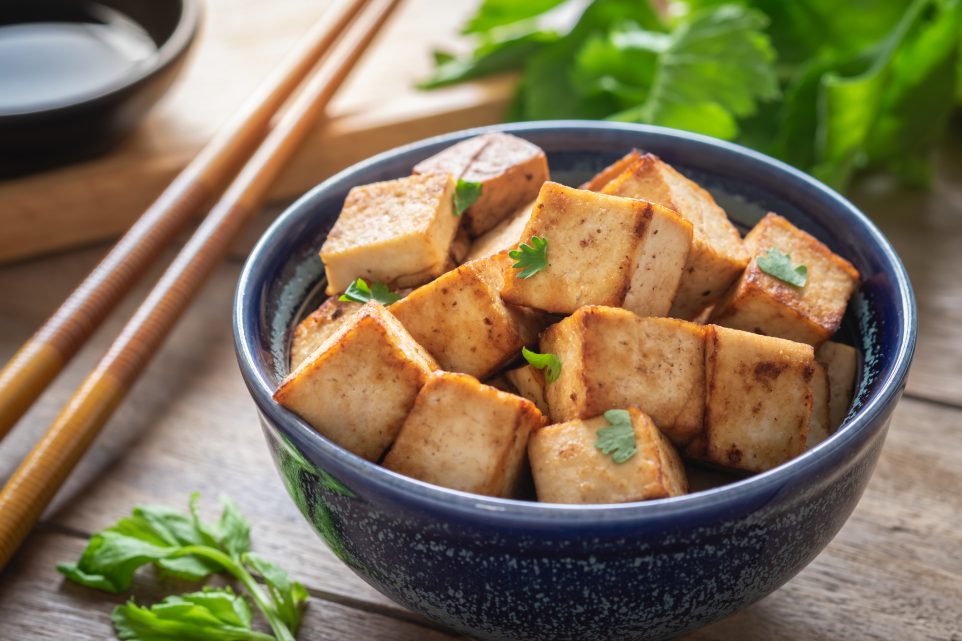3 Plant-Based Foods That Are Better Protein Sources Than Tofu

When you think of packing on the muscle or just powering through your day, plant-based proteins might not be the first thing that springs to mind. But let’s dive deep and see how they stack up against the traditional heavy-hitters like meat and dairy.
Plant-Based Protein: What’s the Research Saying?
Contrary to some old-school beliefs, modern research is showing us that plant proteins can hold their own. The notion that animal proteins are the only high-quality source is a bit outdated. For example, while animal proteins do provide all essential amino acids and are highly bioavailable, plant proteins have their strengths too. They can offer a complete amino acid profile when combined properly—like mixing beans and rice. This isn’t just about getting by; it’s about optimizing health with a variety of nutrients that go beyond just amino acids.
Is Plant-Based Protein Better Than Animal Protein?
The answer isn’t straightforward. Animal proteins generally offer higher bioavailability and contain all essential amino acids in one place. However, plant proteins come with bonuses like fiber and phytochemicals, which contribute to overall health and can help reduce the risk of chronic diseases. The digestibility issue often cited with plant proteins can largely be mitigated by proper preparation and consumption of a varied diet, ensuring all amino acids needs are met.
Benefits of Plant-Based Protein
The perks of incorporating more plant-based proteins into your diet are substantial. First off, they’re often lower in saturated fats and cholesterol-free, which is great for heart health. They’re packed with fiber, which not only helps you feel full but also aids in digestion and can improve your gut microbiome. Additionally, a diet rich in plant-based foods can lead to a lower risk of several chronic diseases like type 2 diabetes, cardiovascular disease, and certain types of cancer.
So, while animal proteins are valuable for their amino acid completeness and bioavailability, plant proteins offer a compelling package of health benefits that can’t be overlooked. For those looking to support muscle growth and overall health, incorporating a variety of protein sources, both animal and plant-based, might be the way to go. This balanced approach allows you to reap the broad spectrum of nutrients these proteins offer, while also aligning with ethical or environmental values you might hold.
3 Plant-Based Foods With Higher Protein Content Than Tofu
Building a Stronger You
Supplement Institute is the fruit of extensive online publishing experience, spanning the breadth of SEO strategies to the nuances of paid advertisements. Our journey, marked by significant achievements and learning moments, inspires our core mission: to empower our readers with an abundance of information. By sharing insights and key learnings, we aim to provide you with the knowledge needed to navigate the complex world of supplements, helping you make well-informed decisions for your health and well-being. Welcome to Supplement Institute, where information is your greatest supplement.